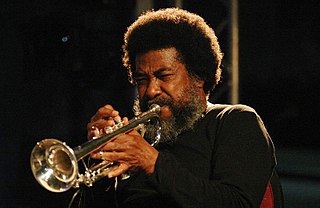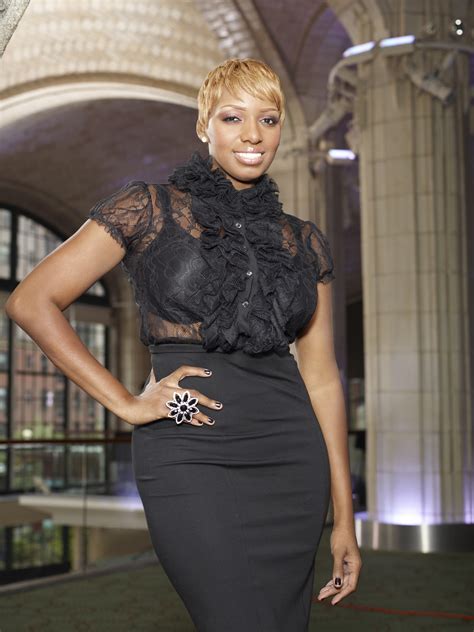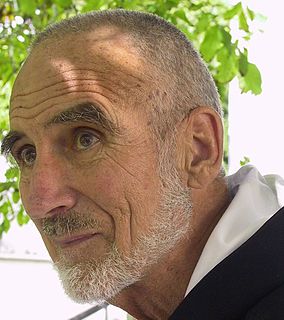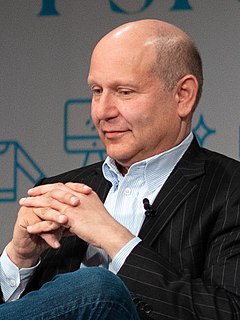A Quote by Grace Gealey
'Empire' deals with the black experience, the human experience, sibling rivalry, what it feels like to be ignored or doted upon by a parent, illness, death. There are so many things that I think the audience can identify with.
Related Quotes
I don't really identify with America, I don't really feel like an American or part of the American experience, and I don't really feel like a member of the human race, to tell you the truth. I know I am, but I really don't. All the definitions are there, but I don't really feel a part of it. I think I have found a detached point of view, an ideal emotional detachment from the American experience and culture and the human experience and culture and human choices.
I'm not a huge fan of 3-D, though. Honestly, I think that movies are an immersive experience and an audience experience. There's nothing like seeing a film with 500 people in a theater. And there's something about putting on 3-D glasses that makes it a very singular experience for me. Suddenly I'm not connected to the audience anymore.
I think when you're younger, as an actor you have much more of a notion that you are doing something to the audience. But with experience, I think you begin to worry less about what the audience's experience is and concentrate on working with the other actors, and that tends to let the audience do more work.
I don't feel like my work is impersonal - it is, in many ways, a reflection upon me - but that's ultimately not the point. I'd rather each piece be seen as part of a larger experience, and that each installation be approached as a point of departure. As open as I am trying to keep things in my practice, I want the audience's experience to be as well. That's what keeps things existing.
The idea of the gay experience, it feels like a relic. I felt like in the '90s when we were watching the gay characters on 'The Real World,' there was definitely a gay experience that was distinct from a straight experience. If you talk to high schoolers in 2017, I don't know that is as much a part of how they experience a social dynamic.




































